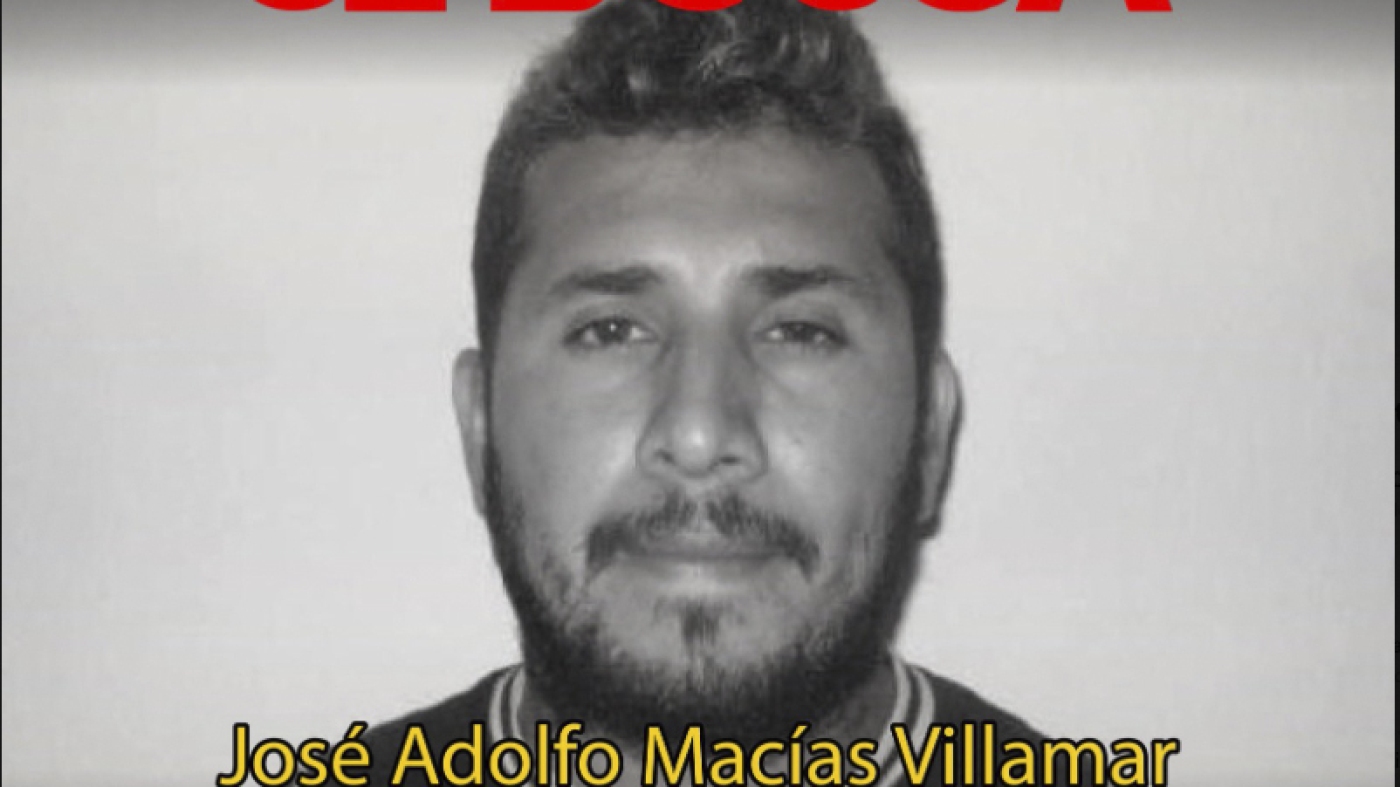The Extradition of “Fito”: A Turning Point in Ecuador’s Drug War?
Introduction
The extradition of José Adolfo Macías Villamar, alias “Fito,” the notorious leader of the Los Choneros gang, to the United States, has sent shockwaves through Ecuador’s criminal underworld and beyond. This move, a rare and significant step in Ecuador’s battle against drug trafficking, has sparked debates about its potential impact on the country’s security, governance, and the broader war on drugs. Fito’s reign of terror, marked by extreme violence and a high-profile prison escape, has left Ecuador in a state of crisis. His extradition could signal a shift in the power dynamics between the Ecuadorian government, the cartels, and international law enforcement agencies.
The Rise of “Fito” and Los Choneros
Los Choneros, under Fito’s leadership, has evolved into one of Ecuador’s most formidable and violent drug trafficking organizations. The gang’s influence extends far beyond Ecuador’s borders, playing a pivotal role in the transnational cocaine trade. Their operations are deeply entrenched in Ecuadorian society, with connections to prisons, politics, and the economy. Fito’s leadership style, characterized by ruthlessness and an ability to evade authorities, has cemented Los Choneros’ dominance in the criminal underworld.
The gang’s reliance on hitmen, bribes, and military-grade weaponry has allowed them to operate with near impunity for years, challenging the state’s authority and undermining the rule of law. Fito’s ability to orchestrate operations from behind bars, even after his initial arrest, demonstrated the gang’s resilience and the government’s struggles to contain their influence.
The Prison Break and the Escalation of Violence
Fito’s dramatic escape from a maximum-security prison in January 2024 was a turning point in Ecuador’s drug war. This brazen act exposed the deep-seated corruption and vulnerabilities within the country’s penal system. The escape not only emboldened Los Choneros but also ignited a turf war with rival gangs vying for control of drug routes and territory.
The resulting clashes, both inside and outside prisons, led to a surge in homicides, kidnappings, and other violent crimes. The government’s inability to recapture Fito quickly further eroded public trust and fueled a sense of lawlessness. The escalating violence pushed Ecuador to the brink of collapse, with citizens living in fear and the government struggling to maintain order.
The Recapture and the Extradition Decision
After months on the run, Fito was finally recaptured in late June, providing a glimmer of hope for a nation gripped by fear. The decision to extradite him to the United States was a complex one, balancing the need for justice and accountability with concerns about national sovereignty and the potential for further destabilization.
Ultimately, the Ecuadorian government opted to hand Fito over to U.S. authorities, signaling a commitment to international cooperation in the fight against drug trafficking. This move also likely reflects a recognition that Ecuador’s own judicial system may be ill-equipped to handle a figure as powerful and influential as Fito.
Implications for Ecuador and the War on Drugs
Fito’s extradition has far-reaching implications for Ecuador and the broader war on drugs.
Weakening Los Choneros
Removing Fito from the Ecuadorian landscape could disrupt the gang’s operations and leadership structure. This disruption could create opportunities for rival groups or internal factions to challenge Los Choneros’ dominance. However, it is unlikely to dismantle the gang entirely, as Los Choneros has a well-established network and a deep pool of recruits.
International Cooperation
The extradition sends a strong message that Ecuador is willing to work with international partners to combat drug trafficking and organized crime. This could lead to increased cooperation with the U.S. and other countries in intelligence sharing, law enforcement operations, and judicial assistance.
Domestic Stability
While the extradition may bring some short-term relief, it is unlikely to solve Ecuador’s underlying problems of corruption, poverty, and weak governance that fuel the drug trade. The government must address these root causes to prevent the emergence of new criminal organizations and maintain long-term stability.
Potential for Retaliation
There is a risk that Los Choneros or other criminal groups could retaliate against the government or the public for Fito’s extradition. The government must be prepared to respond decisively to any such attacks and protect its citizens.
Precedent Setting
Fito is the first Ecuadorian extradited to the U.S. from Ecuador, setting a precedent. While two other Ecuadorian drug traffickers have been handed over to the U.S., they were arrested in Colombia. This opens the door for future extraditions of high-profile criminals, potentially weakening Ecuador’s criminal organizations.
The American Legal Process
In the United States, Fito faces charges related to importing thousands of pounds of cocaine into New York City. The U.S. justice system offers a higher likelihood of conviction and a lengthy prison sentence, further incentivizing Ecuador’s decision to extradite. The trial will likely involve extensive evidence gathering, witness testimony, and legal maneuvering.
The outcome of the trial will not only determine Fito’s fate but also provide valuable insights into the operations of Los Choneros and the broader cocaine trade. The trial could expose the gang’s connections, strategies, and vulnerabilities, offering a unique opportunity for law enforcement agencies to dismantle the organization from within.
A Glimmer of Hope or a Temporary Reprieve?
The extradition of “Fito” represents a pivotal moment for Ecuador. While it is unlikely to eradicate drug trafficking overnight, it offers a chance to weaken a powerful criminal organization and send a message that impunity will not be tolerated. Whether this marks a turning point in Ecuador’s fight against organized crime depends on the government’s ability to capitalize on this opportunity.
Strengthening institutions, addressing the root causes of the drug trade, and working with international partners to dismantle criminal networks are crucial steps. Only time will tell if this extradition is a genuine step towards a more secure and stable Ecuador or merely a temporary reprieve in a long and difficult struggle. The road ahead is fraught with challenges, but the extradition of Fito could be the catalyst for meaningful change.







